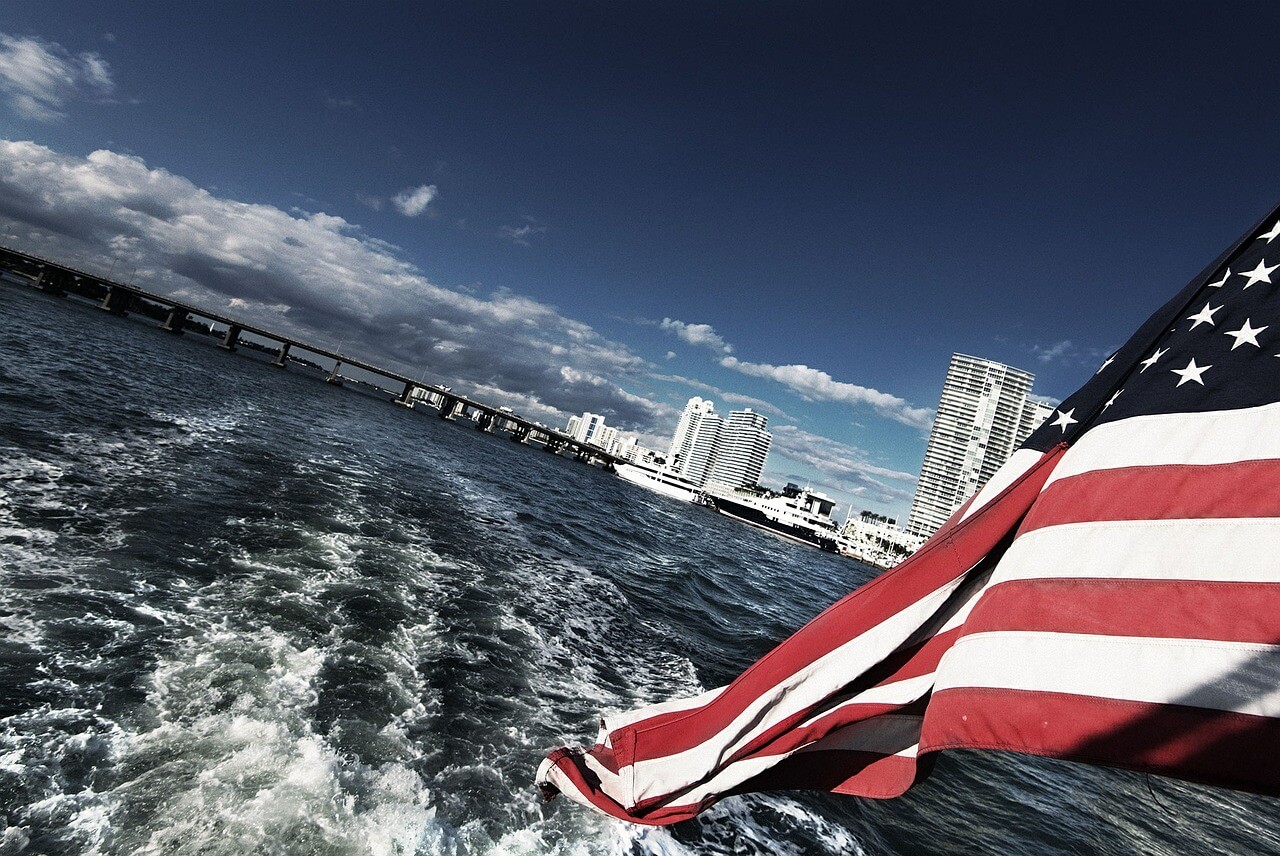Taken from: The International Country
Cuba, looking for business in Florida
«The doors of the city of Tampa in the State of Florida were opened wide to receive, this Thursday and Friday, the head of Cuban diplomacy in the United States, José Ramón Cabañas. It is the first time in a decade that the highest representative of the Cuban Interests Section in Washington visits the city, which in recent years has become a key point of exchange between the two countries, even despite the validity of the embargo . And it is the first time that he has done so to look for business, in the context of the slow but steady economic opening undertaken by the island government.
Cabañas traveled to Tampa this Thursday, invited by the Democratic congresswoman from Florida, Kathy Castor; one of the strongest promoters of the lifting of the embargo laws against Cuba, in force in the United States since the 1960s, and the only legislator from Florida – the state of the union with the largest presence of Cuban exiles – who encourages this reform. Hand in hand with Castor, Cabañas attended a luncheon with a select group from the Tampa Chamber of Commerce, visited the headquarters of the Tampa Bay Times newspaper, the port and the airport, and this Friday he walked through the historic neighborhood of Yvor City.
“This is an important moment for the United States to be more engaged with Cuba. Changes are happening on the island and in the economy. (Cubans) can own property, cars, and small businesses. This is the moment for the United States to promote and encourage those changes”, said the host, Kathy Castor, this Thursday, to the editors of the newspaper. Tampa Bay Times, who, upon receiving Cabañas, answered back with general questions about the future of human rights on the island and, in particular, about the fate of US contractor Alan Gross, sentenced to 15 years in prison in Cuba for espionage crimes.
Regarding Gross, Cabañas said: “We are willing to face this problem, to talk about it and find a solution. But the counterpart has to do something, there has to be political will to sit down and talk”. Regarding a possible political opening that guarantees respect for human rights in Cuba, the diplomat limited himself to recalling the excellent relations that the United States maintains with China, a country also accused of systematically violating the fundamental rights of its citizens.
In each meeting, Cabañas insisted on seeing the glass as half full: even though diplomatic relations between Washington and Havana have been broken for more than 50 years, both parties have been managing to establish minimum agreements on matters of their interest, at the same time that the Government of Havana has undertaken, in recent years, timid social and economic reforms that little by little have been transforming the daily life of Cubans. Since January 2013, residents of the island have been able to travel abroad, with the prior consent of the State. They also now have the opportunity to rent real estate, start small businesses on their own, and buy cars, even at astronomical prices for their deteriorating pockets. Meanwhile, Washington and Havana have agreed to share, for example, information on the movement of hurricanes in the region and recently signed an agreement to manage oil spills in the Caribbean. At the same time, the migratory dialogue continues its course, despite the political disagreements; The most recent meeting between representatives of the two governments took place in Havana on January 10, and it is the third to take place in the latter, after talks on practical matters were frozen since 2011.
In Tampa, where a community of more than 140.000 Cubans and Cuban-Americans resides, from athletes to businessmen, they are closely following these movements and have decided to take the lead with various initiatives. Unlike Miami, where the most belligerent nucleus of exile resides, the debate on the new relationship seems less passionate and more practical, from a business point of view. In March 2013, the Alliance for the Foundation of a Responsible Policy towards Cuba invited the consul general of the Cuban Interests Section in Washington, Llanio González, to participate in a conference called: “Approach towards Cuba: good for Tampa, good for Florida, good for America.” It was his second attempt, since in 2011, the same organization invited the consul and other Cuban officials to a similar event, but the State Department – which, in the current circumstances, must authorize each movement of Cuban diplomacy through the territory – denied. travel permits. Then, in July 2013, Llanio González visited Miami for the first time, to motivate the transit to Cuba of the most neutral sector of exile, which for more than five decades has accumulated capital and the desire to return to their country and invest in it.
This type of exchange has been happening since Tampa, almost as smoothly as Miami, but with less fuss. In 2013, the city's Chamber of Commerce sent a 38-member delegation to Havana to test the waters; in the group there were businessmen and civil and political leaders, and among them was also the legislator Castor. Two years after President Barack Obama lifted restrictions on family travel and remittances to Cuba, the local airport began offering direct flights to the island. Currently, three companies offer chartered trips to Havana, Santa Clara and Holguín and of the half million people who traveled from the United States in 2012, 44.711 did so from Tampa; it is estimated that in 2013 that figure increased by 15%, to add 51.594 travelers. Although the largest number of passengers continue to take off from Miami and many others do so from the cities of Fort Lauderdale and Key West, also in Florida, José Ramón Cabañas described the Tampa terminal as "the gateway to Cuba" during his visit this Thursday, more for a matter of political sympathies than statistics.»
By: Maye Primera




